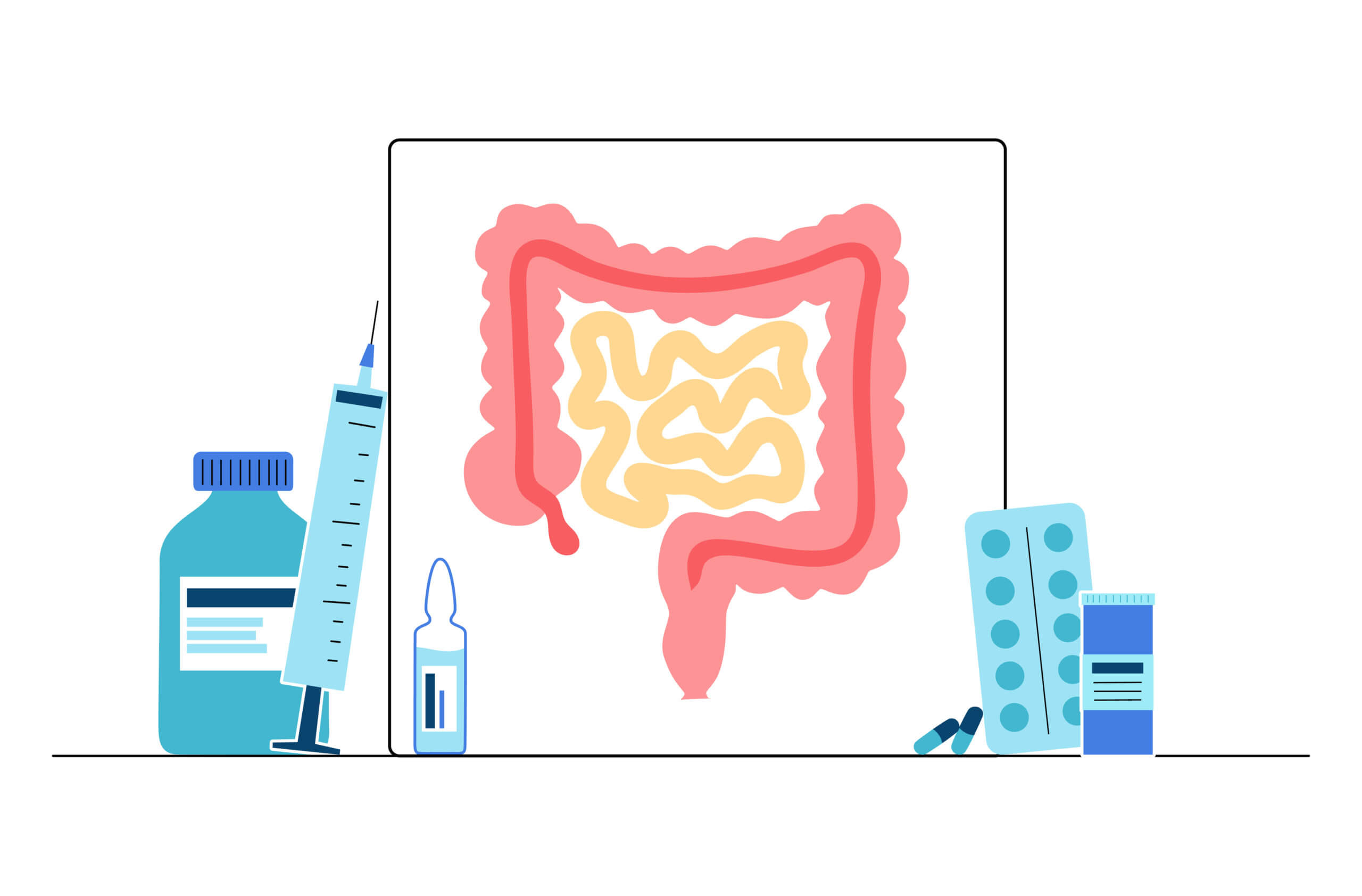Findings could lead to therapies ‘used to effectively treat autoimmune diseases, IBD, and cancer’
People with inflammatory bowel disease (IBD) are at increased risk for developing colorectal tumors, which can become malignant. A new study, from the Tokyo University of Science (TUS) reports on an antibody and an immunoreceptor protein with roles in reducing colitis severity and colon tumor growth. The protein may have potential as a therapeutic agent.
There are two types of IBD – Crohn’s disease and ulcerative colitis. Both are characterized by chronic inflammation of the gastrointestinal tract, and the tendency to induce colorectal tumors.
Scientists from Japan and China collaborated to demonstrate that mice with dendritic cell immunoreceptor (DCIR) protein deficiency are resistant to colon tumors induced by dextran sodium sulfate (DSS) and azoxymethane (AOM).
It has been determined that innate immunoreceptors, especially C-type lectin receptors (CLRs) in the gut, are a cause of IBD. CLRs are also important in regulation of gut microbiota, protect against pathogens, and contribute to homeostasis. [Homeostasis is the stable equilibrium between interdependent entities, maintained by physiological mechanisms.]
Dendritic cell immunoreceptor (DCIR) is one of the CLRs responsible for maintaining homeostasis of the immune and other systems. It negatively regulates both innate and acquired immune responses. That means that the blocking of DCIR could potentially enhance the immune system’s protection against colon tumors and inflammation. The nature of its role in intestinal immunity has not been specifically determined.
Professor Yoichiro Iwakura of TUS and his team studied the development of colitis and colon tumors in mice deficient in DCIR. The mice were given water containing DSS and AOM, chemicals known to induce colon tumors similar to those found in humans with IBD.
The researchers discovered that the mice lacking DCIR had less severe colitis and less AOM- DSS-induced colorectal tumor growth. The DCIR-deficient mice retained body weight and experienced less inflammatory cell occupation in the colon.
“Our findings point to the fact that intestinal carcinogenesis and inflammation are facilitated by DCIR signaling, which points to the possibility that blocking DCIR might prevent ulcerative colitis and colon cancer,” Iwakura explains in a statement.
The study also demonstrated that use of an antibody called “anti-NA2,” against asialo-biantennary-N-glycans (NA2), a molecule which binds to DCIR, decreased DSS-induced colitis, and prevented colorectal tumor growth.
Speaking about potential applications of their study, Prof. Iwakura says, “Our results suggest that therapeutics targeting DCIR and its ligands [binding molecules] could be used to effectively treat autoimmune diseases, IBD, and cancer, which have been traditionally difficult to treat.”
The research is published in the journal Cell Reports.
